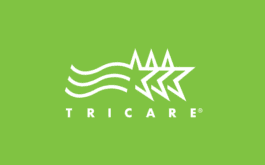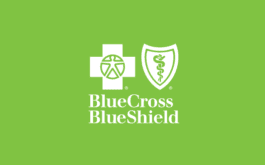What are Co-Occurring Disorders?
Individuals with eating disorders have a higher likelihood of developing other mental health disorders and substance abuse disorders. Studies have shown that individuals with eating disorders are more prone to depression, anxiety, substance abuse, self-harm behavior, and even suicide.
Co-occurring disorders are present with an eating disorder in a significant percentage of individuals.
- There is a 64% reported rate of lifetime anxiety disorders amongst individuals with eating disorders.
- It is also reported that up to 50% of individuals with eating disorders suffer from clinical depression.
Common Co-occurring Illnesses with Eating Disorders
Anxiety Disorders consist of generalized anxiety disorder, social anxiety disorder, specific phobias, panic disorder and agoraphobia and are characterized by an intense state of worry and fear resulting from a threatening event or life stressor.
Bipolar disorder or manic-depressive illness is a mood disorder characterized by periods of profound depression that alternate with periods of excessive elation and irritable mood known as mania.
Depression is a mood disorder that causes a persistent feeling of sadness and loss of interest and can interfere with your daily functioning.
Obsessive-compulsive disorder (OCD) is an anxiety disorder characterized by intrusive unwanted thoughts known as obsessions that are relieved through repetitive acts known as compulsions.
Self-harm is characterized by the purposeful actions of causing physical harm to oneself without the intention of committing suicide. This behavior is more common in teenagers and adolescents and occurs due to severe underlying emotional pain and a lack of healthy coping skills.
Trauma is a psychological, emotional response to an event or an experience that is deeply distressing or disturbing. Trauma can be a result of a one-time event, such as a car accident or sexual assault. Trauma can also occur as a result distressful experiences that take place over a period of time, such as bullying or physical abuse.
Treatment for Co-occurring Disorders
It is absolutely essential that the eating disorder and any other co-occurring disorders are simultaneously addressed and treated in order for the individual to fully recover. This is why it’s so important to receive a thorough assessment and proper diagnosis from a mental health professional who is trained in eating disorders, as well as other mental health disorders.
Seek Help
If you are struggling or someone you know is struggling, we are here for you. Center for Discovery’s Treatment Centers specialize in treatment for eating disorders, mental health and dual diagnosis treatment with unique treatment programs for every individual to get them on their way to eating disorder recovery.
For more information, resources, or to consult with one of our specialists, call 866.482.3876.













